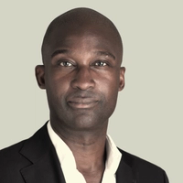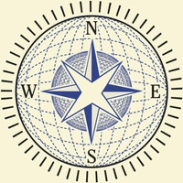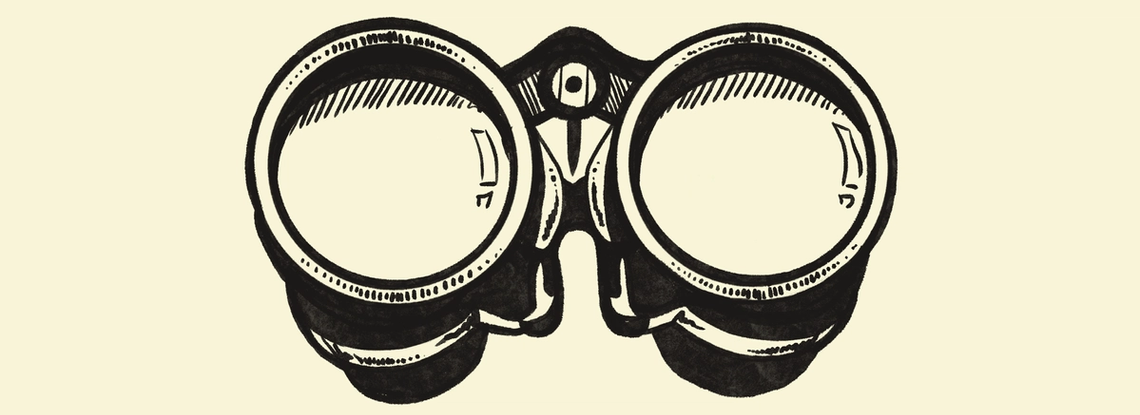 Reuters/Mahamadou Hamidou Reuters/Mahamadou Hamidou THE SCENE KANO, Nigeria — Hundreds of people filled the streets of Kano, northern Nigeria’s economic hub, chanting and singing songs. Some waved the Nigerian flag and others waved the flag of Niger, the neighboring country to the north where a group of soldiers overthrew the president late last month. Many who took part in Saturday’s march chanted anti-Western slogans in support of Niger’s military junta which has defied calls from West Africa’s regional bloc to restore the democratically elected president, Mohamed Bazoum, or face the possibility of military intervention. One of the chants, in the Hausa language widely spoken in northern Nigeria, translated as: “Attacking Niger is an act of injustice, attack on Niger is masterminded by the U.S.” The Kano protest was just one of the developments in recent days that have shown the depth of feeling in northern Nigeria where most people are from the Hausa ethnic group, just as they are across the border in Niger. Whereas attempts to meet the junta leader by officials from the Economic Community of West African States (Ecowas) and the United States were rebuffed last week, visitors from northern Nigeria have been granted access, achieving the deepest engagement with the putschists so far. KNOW MORE A group of Islamic scholars predominantly from northern Nigeria held talks with Nigerien coup leader Abdourahmane Tchiani at the weekend and issued a statement stating that “both parties agreed to intensify the option of dialogue in resolving the political crisis.” “While tracing the historical ties between the two nations, he [Tchiani] said Niger Republic and Nigeria were not only neighbors but brothers and sisters who should resolve issues amicably,” the clerics said in the statement. Days earlier, Lamido Sanusi also met Tchiani. Sanusi, a former Nigerian central bank governor and erstwhile emir of Kano, is the spiritual leader of the Tijaniyah Islamic movement in Nigeria which has millions of followers across West Africa, including Niger. Northern Nigeria’s Hausa people have ties with Niger that go back centuries. Hausa people are the dominant ethnic group in northern Nigeria, and more than 50% of Niger’s populace is also Hausa, meaning people from the ethnic group have a shared language. Nearly a fifth of Nigeria’s states — seven out of 36 — border Niger. Traders traditionally move back and forth between the two countries, sometimes on a daily basis, contributing greatly to the informal economies of border towns. And it is common to have relatives in the neighboring country. Labaran Jafaru, a traditional leader in Sabon Birni, a border town in the northwest Nigerian state of Sokoto, said people have “already begun suffering” since the closure of the border between the two countries as part of Ecowas sanctions against Niger. “Traders will tell you that their sales have decreased extensively,” he said. “Hundreds of trucks are trapped in the borders with perishable crops such as onions decaying as entry into either of the two countries has been banned.” THE VIEW FROM KADUNA Shehu Sani, a former Nigerian senator in the northern state of Kaduna, called for “more protests” in opposition to the threat of military force by Ecowas. “Anti-war protests are what we need now because there seems to be pressure from France and the United States on the Nigerian President and Ecowas to embark on military action against Niger,” Sani told Semafor Africa. “If France and the United States want to restore order by force they can do that by their own resources.” Sani also said any use of military force would “destabilize Niger and northern Nigeria,” prompting a humanitarian crisis. He pointed to the roughly 300,000 refugees in Niger who fled northeast Nigeria’s Boko Haram insurgency and could be forced to cross the border again if faced with worsening conditions. — Co-reporting by Alexis Akwagyiram Read the full story here, including Room for Disagreement and a reporter’s view. | 












